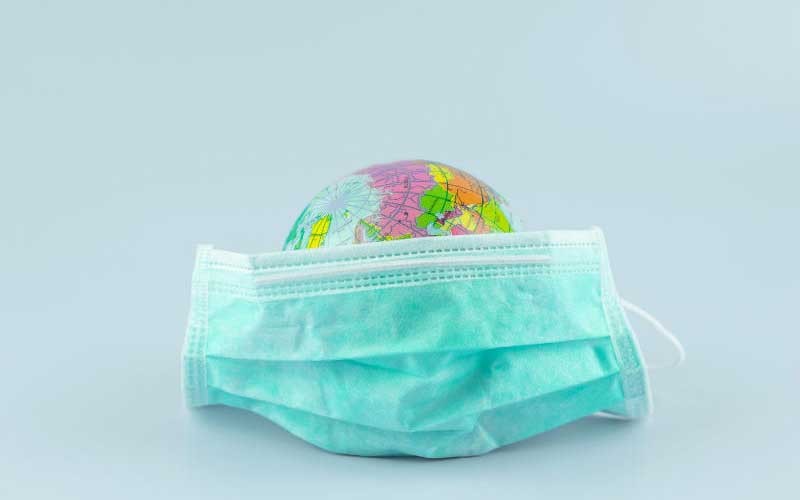×
The Standard e-Paper
Stay Informed, Even Offline

The scale of the Covid-19 pandemic, which our country has been fighting over the course of the past few months, has shown us the importance of international relationships in overcoming this silent enemy.